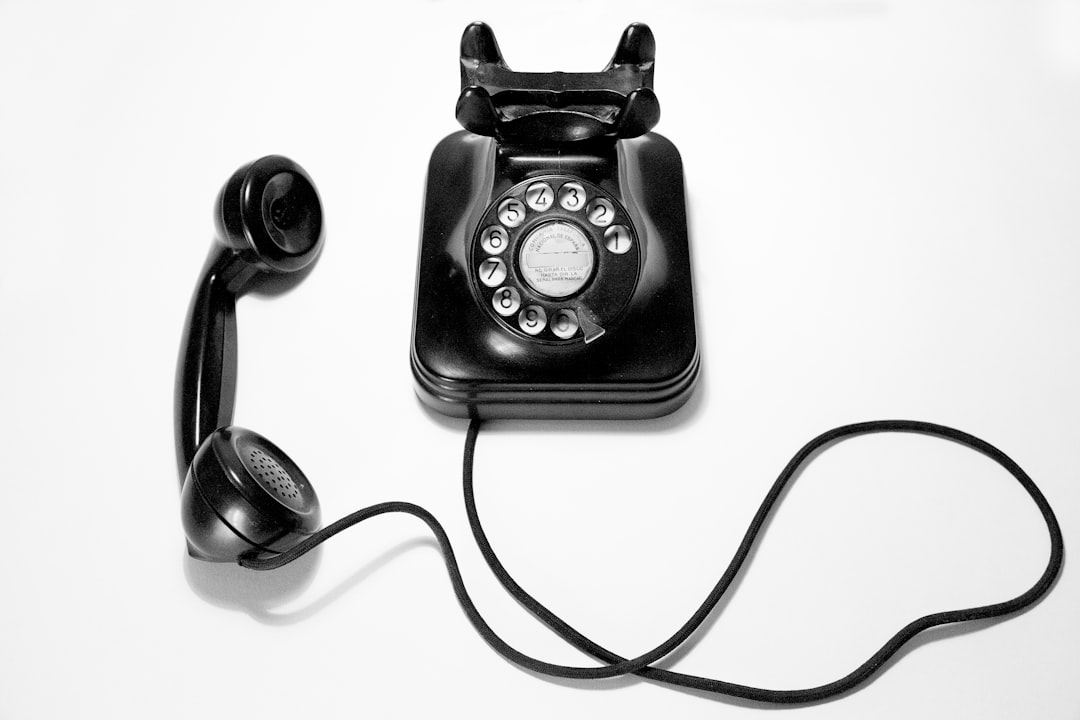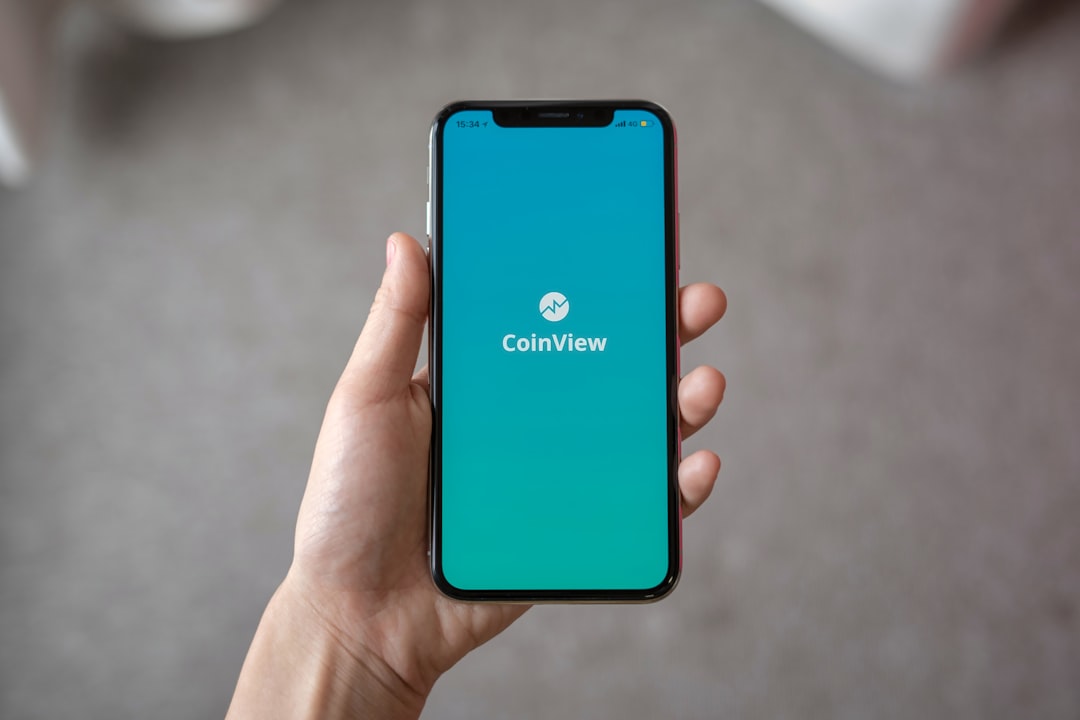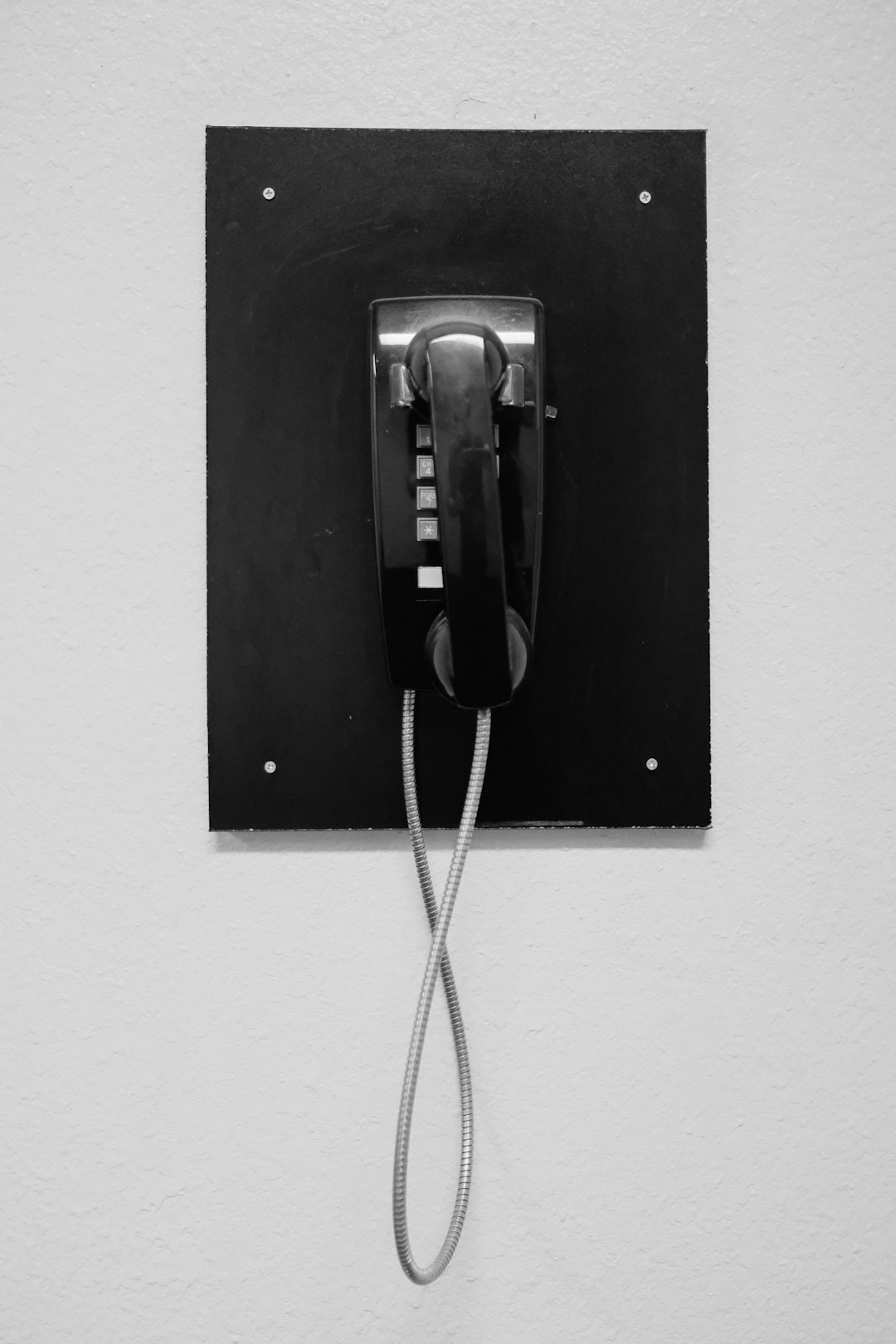Robocalls have become a significant issue for South Dakotans, with advanced technology making them hard to block. While the state has legal protections against deceptive practices, residents struggle to distinguish legitimate calls from attorneys and debt collectors from unsolicited messages. To combat this, users are turning to robocall blocking apps like Hiya, TrueCall, and NoCall, which use algorithms to filter out spam calls. However, it's important for South Dakota residents to understand the legal implications of using these apps, maintain accurate call logs, and respect privacy rights while leveraging these tools effectively.
In the digital age, South Dakota residents face an increasing number of unwanted robocalls, impacting their daily lives. This article provides a comprehensive guide to navigating this modern nuisance. We explore the effects of robocalls in South Dakota and delve into the world of robocall blocking apps, offering a detailed comparison of top options available for local users. Understanding legal aspects and best practices is essential, especially when considering the role of technology in mitigating these calls with the help of a robocall attorney.
Understanding Robocalls and Their Impact in South Dakota

Robocalls have become a pervasive and often unwanted part of daily life for many South Dakotans. These automated phone calls, commonly used by telemarketers and debt collectors, can be intrusive and disruptive. In a state with a strong sense of community, the sudden barrage of unsolicited messages can create frustration and even strain local communication networks. With the rise of advanced technology, robocalls have evolved to become more sophisticated, making them harder to block for individual users.
In South Dakota, where legal protections against deceptive practices are in place, residents now face a unique challenge—navigating through an increasing number of legitimate yet unwanted robocalls from various sources, including legal entities like lawyers and collection agencies. This has prompted many users to seek out robocall blocking apps as a solution. By utilizing these applications, South Dakota residents can take control of their communication, ensuring peace of mind and a more enjoyable experience while managing incoming calls effectively.
The Role of Robocall Blocking Apps: A Comprehensive Overview

In today’s digital era, the rise of robocalls has become a ubiquitous and often frustrating aspect of daily life for many South Dakota residents. Automated phone calls from unknown sources can disrupt personal and professional routines, leading many to seek solutions for effective call blocking. This is where robocall blocking apps step in as powerful tools to reclaim control over one’s communication channels. These applications are designed to filter out unwanted or fraudulent calls, providing users with a sense of security and peace of mind.
Robocall blocking apps play a crucial role in protecting South Dakota users from nuisance calls, especially those from robocall attorneys or telemarketers. By utilizing advanced algorithms and databases that identify patterns and known sources of spam calls, these apps can automatically block or redirect suspicious incoming calls. This comprehensive overview highlights the efficiency and effectiveness of such applications in mitigating the impact of robocalls, ensuring that residents of South Dakota can enjoy a quieter, more secure communication environment.
Top Robocall Blocking Apps for South Dakota Users: Features and Comparisons

South Dakota residents, tired of unwanted robocalls from attorneys and other businesses, now have a variety of apps to help them combat this nuisance. Let’s explore some top choices and their features. Apps like Hiya, TrueCall, and NoCall stand out for their advanced call identification and blocking capabilities.
Hiya, for instance, utilizes machine learning algorithms to detect and block spam calls, including those from robocall attorneys. TrueCall offers a comprehensive history of incoming calls, allowing users to mark numbers as safe or spam. NoCall not only blocks calls but also provides a community-driven database of known robocallers. Each app has its strengths, catering to different user preferences and needs for peace of mind while navigating the sea of robocalls prevalent in modern communication.
Legal Considerations and Best Practices for Using Robocall Blocking Apps

In South Dakota, as in many states, there are strict laws regarding telemarketing and robocalls. Using a robocall blocking app is a popular method for users to protect their privacy and manage unwanted calls. However, it’s crucial to understand the legal implications and best practices when employing such technology. A robocall attorney in South Dakota can offer valuable insights into navigating these regulations.
When utilizing robocall blocking apps, users should ensure they are not infringing on any laws or rights of legitimate businesses or organizations. Best practices include maintaining accurate call logs, allowing certain types of calls (e.g., from known contacts or local numbers), and respecting the ‘do not call’ registry. Users must also be aware that some robocall blocking apps may require explicit user consent to block calls, especially for marketing purposes, to comply with legal requirements.






